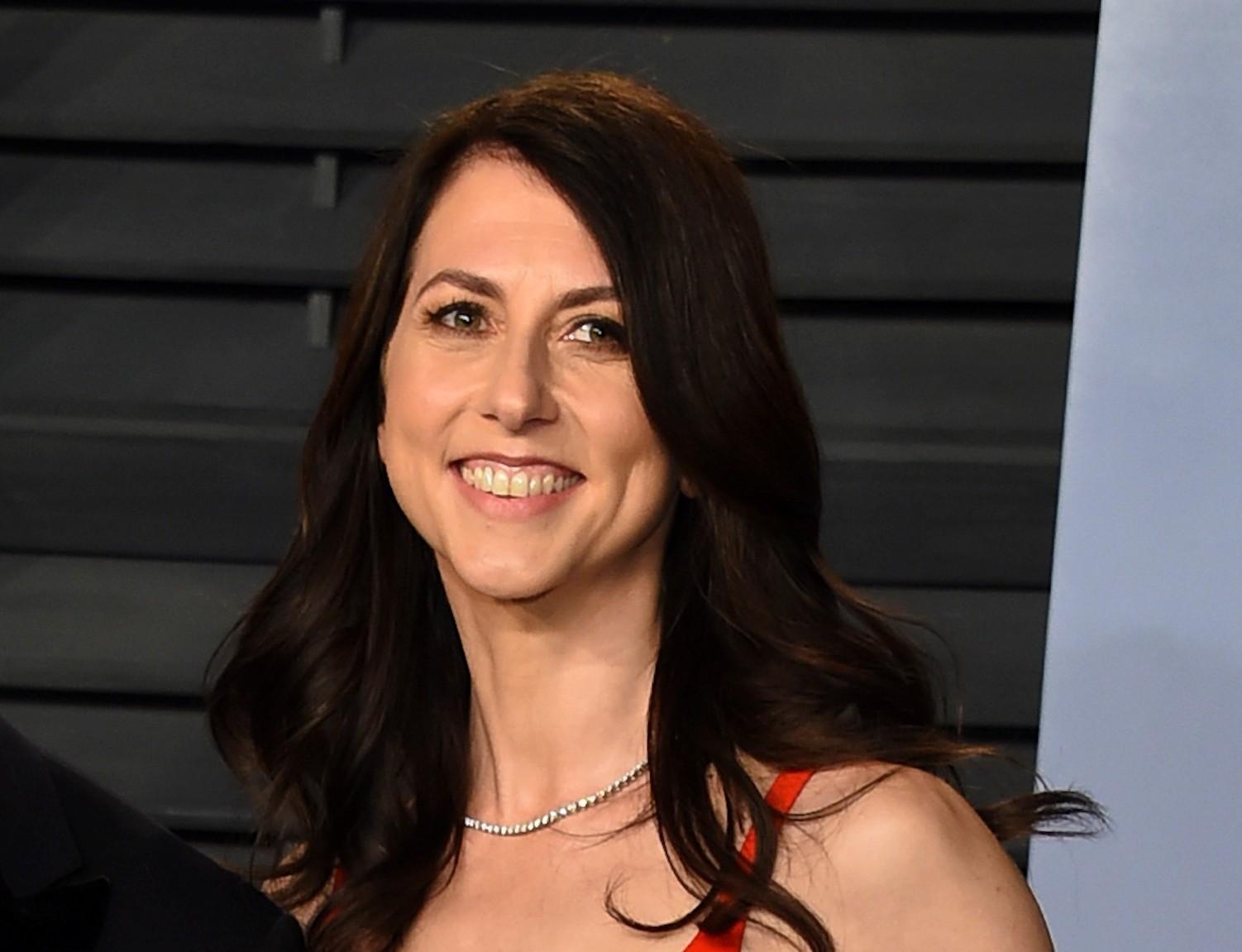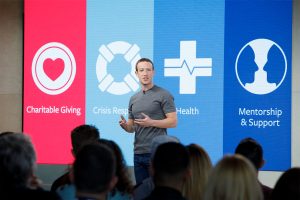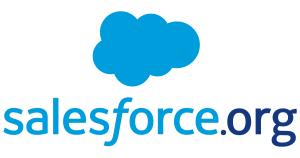Almost five months after she announced $1.7 billion in giving to 116 organizations so far this year, MacKenzie Scott delivered on a promise to give away more of her fortune, announcing more than $4 billion in unrestricted giving to 384 nonprofits, this time focusing on those suffering the most amidst the pandemic.
The $4.158 billion in giving, coupled with $1.675 billion announced in July, brings Scott’s total to more than $5.8 billion in announced gifts this year.
After her divorce from Amazon founder Jeff Bezos, Scott is among the wealthiest women in America and one of the signers of “The Giving Pledge.” The effort was launched a decade ago by Microsoft co-founder Bill Gates and billionaire investor Warren Buffett to encourage the world’s wealthiest people to donate the majority of their wealth during their lifetime.
To accelerate her giving, Scott explained in a post on Medium this afternoon that she asked a team of advisors for a “data-driven approach to identifying organizations with strong leadership teams and results, with special attention to those operating in communities facing high projected food insecurity, high measures of racial inequity, high local poverty rates, and low access to philanthropic capital.”
She continued: “We leveraged this collective knowledge base in a collaboration that included hundreds of emails and phone interviews, and thousands of pages of data analysis on community needs, program outcomes, and each nonprofit’s capacity to absorb and make effective use of funding,” she wrote.
During the past four months, $4.158 billion was gifted to 384 organizations across the United States, Puerto Rico and Washington, D.C. The organizations include those that fulfill basic needs, like food banks and relief funds, while others address “long-term systemic inequities deepened by the crisis,” such as debt relief, employment training and education for historically marginalized and underserved people.”
We appreciate your readership, if you want more content like this along with the most comprehensive nonprofit information and special reports, consider becoming a subscriber by clicking here.
Scott’s team examined 6,490 organizations, with deeper research into 822. Another 438 were put on hold due to “insufficient evidence of impact, unproven management teams, or to allow for further inquiry about specific issues such as treatment of community members or employees.”
The list of organizations again includes several Historically Black Colleges and Universities (HBCU) that received among the largest gifts ($50 million to Prairie View University and $40 million to Norfolk State University) as well as numerous affiliates of United Way, Easterseals, Goodwill, YWCA, YMCA, and Meals On Wheels. A full list of organizations receiving gifts can be found here https://bit.ly/2ISTpIh
Nearly 50 United Way affiliates and another nearly 50 Goodwill Industries International chapters received part of the huge donation. The United Way of Greater Nashville, for example, received $20 million and the United Way of the Greater Capital Region in Albany, N.Y. received $5 million. In both cases it was the largest single gift in affiliate history.
“This is a testament to the strength of the United Way network across the U.S.,” said United Way U.S. President Suzanne McCormick. “Even before COVID-19, United Way has been a leader in American communities, tackling the toughest problems. This investment will help United Way continue its impactful work through COVID and beyond – especially in creating equitable access for all.”
Hispanics in Philanthropy (HIP) in Oakland, Calif., announced it had received $15 million. “We are so appreciative and inspired by this gift. To be recognized as a transformational force in philanthropy and social change by Mackenzie Scott is profoundly humbling,” said Ana Marie Argilagos, president and CEO of HIP. “Only one percent of philanthropic dollars in the U.S. currently go to Latinx organizations, a margin so far from the need reflected in our communities. Ms. Scott’s approach to distributing her wealth is a model for all. We see her gift as a vote of confidence in the legacy we have built and the work mapped ahead, to create an equitable and just future for Latinxs across the Americas.”
The gift will allow HIP to provide grantmaking and impact investments, on the following strategies:
- Mobilizing Resourcesfor Latinx communities, by connecting and advocating for community organizations and philanthropy to collectively transform institutional resources across the Americas. Investing more than $12 million in the past 12 months, HIP led strategic grantmaking in Civic Participation, Racial and Gender Equity, and Migration and Forced Displacement, and other areas of key community impact.
- Building Latinx Powerby growing Latinx leadership for equitable inclusion and participation in the philanthropic, public, and private sectors. Within its philanthropic community, HIP works on increasing representation at the C-suite and Trustee levels and providing networking and support for Latinos already in those positions, such as through our Latinx Líderes Program which includes more than174 current and alumni to date;
- Democratizing Philanthropy by activating a movement of engaged individual philanthropists in partnership with Latinx communities across the Americas. This includes encouraging pathways for giving outside of traditional philanthropy (including crowdfunding; and,
- Channeling Latinx Influence and Thought Leadership to drive philanthropy to disrupt philanthropy, change the Latinx narrative, and build our power to further evolve the broader social sector.
“This pandemic has been a wrecking ball in the lives of Americans already struggling,” Scott wrote. “Economic losses and health outcomes alike have been worse for women, for people of color, and for people living in poverty. Meanwhile, it has substantially increased the wealth of billionaires,” Scott wrote. “It would be easy for all the people who drew the long demographic straws in this crisis to hole up at home feeling a mix of gratitude and guilt, and wait for it to be over — but that’s not what’s happening. The proliferation of community fridges, COVID relief funds, impromptu person-to-person Venmo gifts, viral debt relief campaigns, and mutual aid initiatives has been swift and uplifting.”











